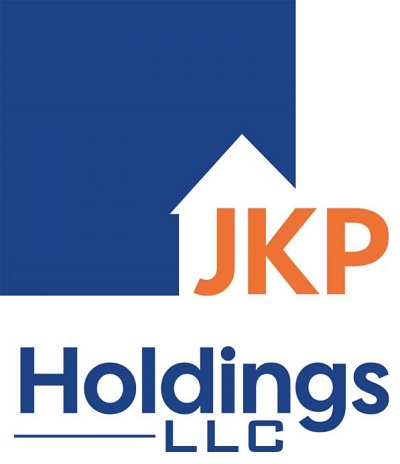Blog Posts
How Does Owner Financing Work: The Basics

What Is Owner Financing?
Owner financing means that the current property owner puts up part or all of the money required to buy a property. In other words, instead of taking out a mortgage on the property with a bank, or other financial lender, the buyer is borrowing the money directly from the seller. The agreement works itself out in the same fashion as a typical mortgage. The buyer pays a down payment to the seller (usually higher than the typical bank loan, around 10-20% ), then signs an agreement with the seller to pay off the remaining amount on a monthly basis, with an agreed upon interest rate. This agreement is called a promissory note.
Sellers of Owner Financing
One benefit to sellers of Owner Financing, is the ability to sell your property as-is, without needing any of the inspections or repairs required by a traditional bank. Some people use owner financing to keep a property in the family without involving the banks. One family member can buy a house from another, and work out a pay schedule between them. Many people also prefer to pay interest to a family member instead of a big corporation. There is some potential risk for the seller. A buyer could stop making their payments, forcing the seller to start the foreclosure process, and ultimately repossess the property which, if not well maintained, could leave a property owner in worse shape than when they started.
Buyers of Owner Financing
Owner financing is particularly useful for people who may not qualify for typical bank mortgages, or may only qualify for a partial bank loan such as people who are self-employed, or who don’t have great credit. Private mortgages through owner financing is also not reported on the buyers credit, although the average down payment on a private mortgage is much higher than a bank loan. There is a potential risk involved for buyers as well, often in a private, owner financed sale, the seller will include a large ballon payment at the end of the the typical 10-15 year loan period, as part of the mortgage agreement. So, buyers will also have to consider saving money over time to pay this balloon payment. This, could with the higher typical interest rates on private loans, means that buyers could end up paying much more than if they were to finance a loan from a bank.



